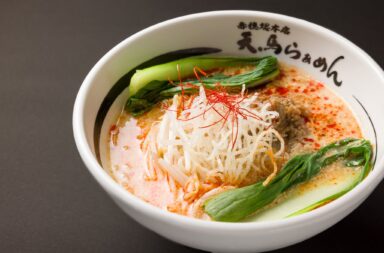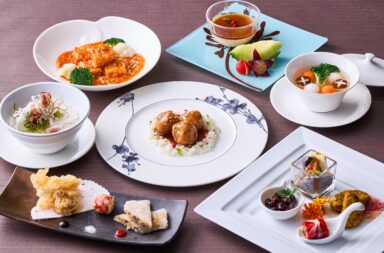This post is also available in: Indonesia
Misconceptions in Food Ingredients
Written by Zhafira Aqyla
Last year, we released a thorough list of permissible and non-permissible food ingredients for your reference when you do your groceries in Japan. However, we found that there are still common misconceptions going around about these ingredients. Not to worry! We will clarify your confusion today so you can get groceries for Iftar and Suhoor in peace this Ramadan.
Some Misconceptions
Common misconception #1: Emulsifier or 乳化剤 (nyūkazai)
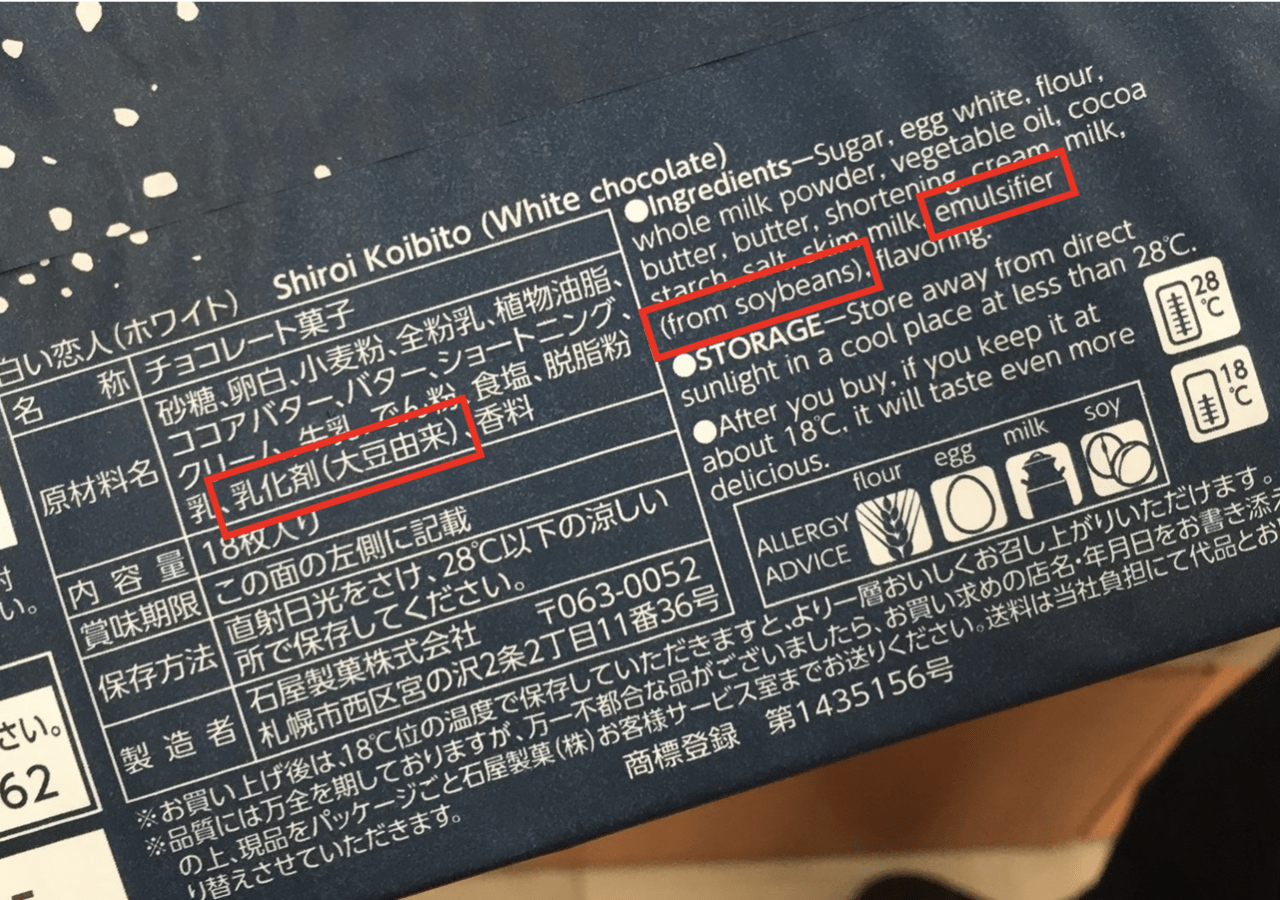
Emulsifier or 乳化剤 (nyūkazai) is an ingredient contained in a lot of products, especially dairy and snacks, so we advise you to be really careful about this one. Our list categories it in the grey zone, meaning there are still a lot of controversies regarding the permissibility of this ingredient, as it is generally animal-based. However, there are instances where emulsifiers may be permissible. It can be recognized if the word ‘乳化剤’ is followed by, in the bracket, 大豆由来 (soybean-derived) or 植物由来 (plant-derived). However, there are times when the 乳化剤 used in a snack is plant-based but not written as so. In this case, you can simply give their brand’s customer service a phone call to confirm.
Common misconception #2: Margarine or マーガリン (māgarin)

Margarine is another ingredient that ended up on our grey zone because it could either both be derived from animal and plant, but we never really know for sure. While it all goes back to your discretion, we tend to avoid margarine because it contains trans-fatty acids derived from ruminant animals such as cattle, sheep, and goats.
So what do you use as a replacement for cooking or baking? Why butter, of course!
You can easily find butter made only from heavy milk and salt in Japan’s grocery stores, such as Meiji’s 北海道バター (Hokkaido Butter).
Common misconception #3: Alcohol in Soup
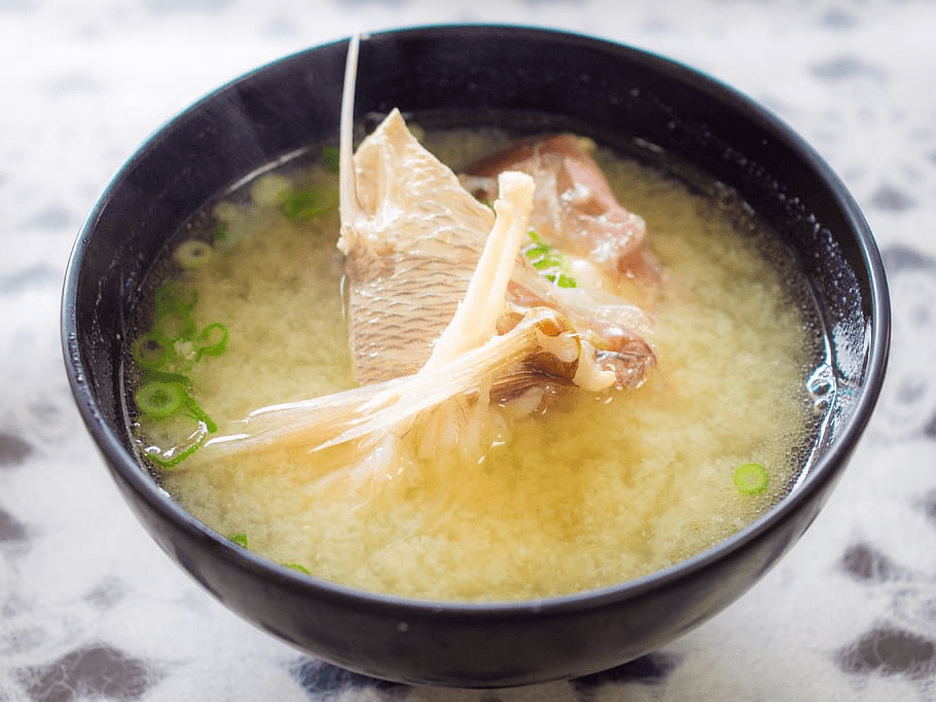
“Is soup safe?”
This is another question we often receive. Unfortunately, the answer is not as simple as black and white. The trick to deciding this is to refer back to our list here and check the ingredients by yourself.
What we can say is this: some soups do not use alcohol in their ingredients, meanwhile some do have alcohol but in a super small percentage (with 0% possibility to get drunk, of course). However, we advise you also check for animal-based ingredients, as they are likely to contain them as well.
If you cannot verify the ingredients by yourself because you’re eating at a restaurant, please feel free to check with the staff. They should be able to answer your questions regarding the ingredients.
Furthermore, the Japanese miso soup does not likely to has any animal-derived ingredients except fish.
Common misconception #4: ラー油 (rāyu) is ラード (rādo)?
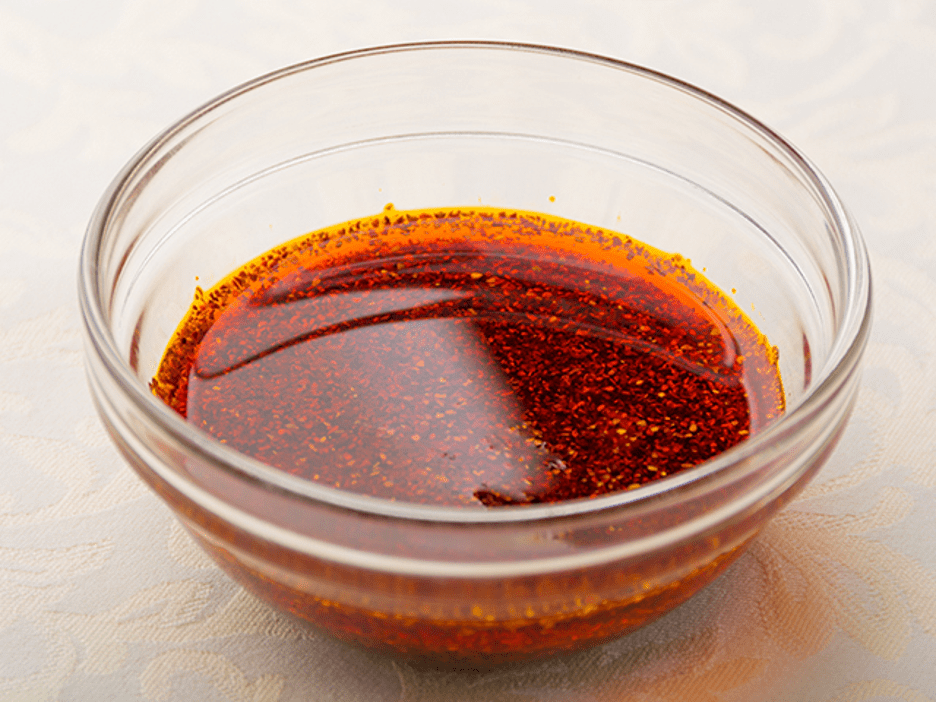
Guess what; they are completely different ingredients. So, how are they different? Well, ラー油 (rāyu) means “chili oil”, completely safe for consumption unless their ingredients say otherwise, whereas ラード (rādo) means “lard”, an 100% no-no ingredients as it means fat from the pig.
Common misconception #4: Shortening or ショートニング (shootonin’gu)
Shortening refers to fat which can be made from either animal fat or vegetable oil. Unlike emulsifiers, even though using the plant-derived, but mostly it doesn’t mention on the ingredient list on the package. Shortening made from partially or fully hydrogenated vegetable oil is more common nowadays. However, we advise you to check to the brand’s customer service for more detail information.
Halal Gourmet Japan Application

We understand that this might be tricky for you, especially if you are simply visiting Japan, looking to have a great time. Don’t worry; we got your back.
Food Diversity has launched a smartphone application available on iOs and Android, the “Halal Gourmet Japan“.
Download here
With the app, we aim to assist you in selecting permissible snacks or food ingredients when you get groceries or snacks at your local convenience store. We have a step-by-step tutorial here, and you won’t have to worry about reading the tricky Japanese characters anymore.
Have fun shopping, and have a great Ramadan!
